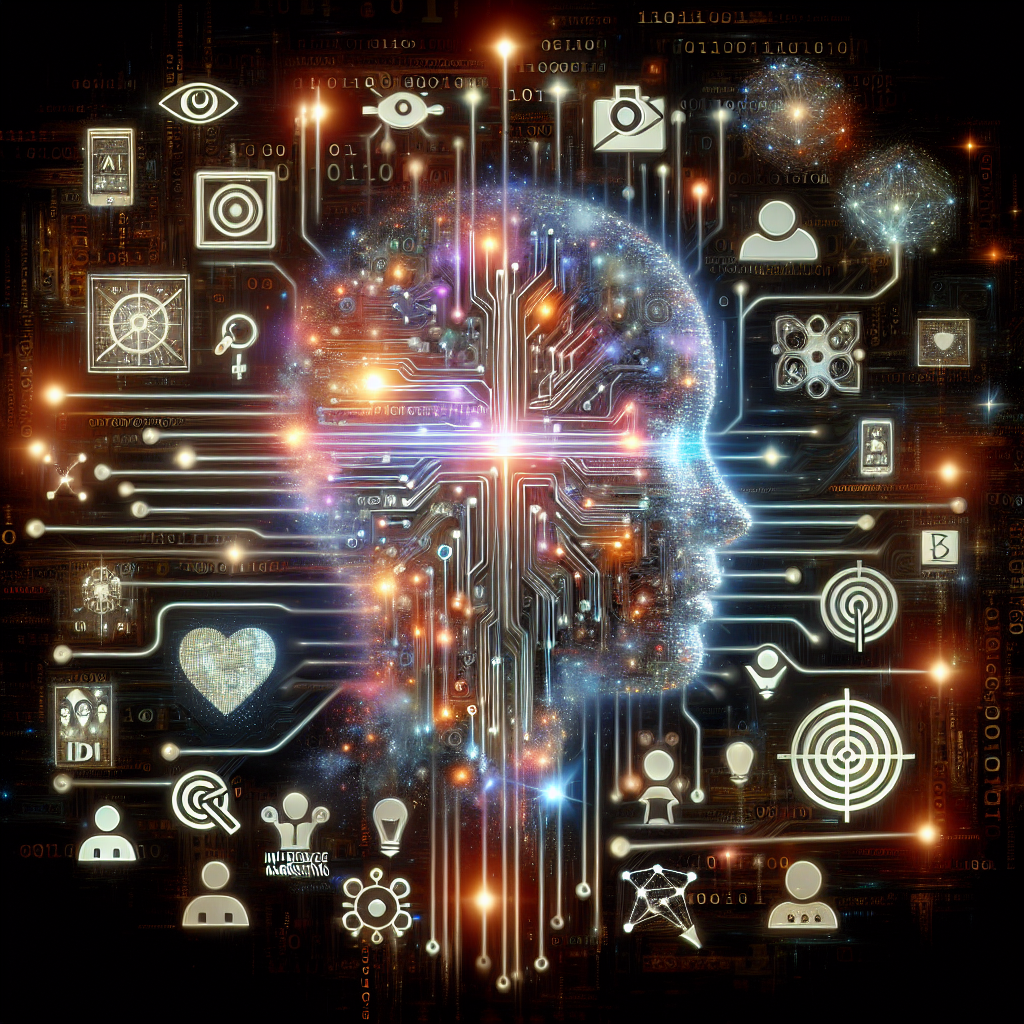In recent years, the use of artificial intelligence (AI) in influencer marketing has become increasingly prevalent. As brands seek to connect with consumers in more personalized and impactful ways, AI technology offers new opportunities to streamline and enhance influencer marketing strategies. From identifying the right influencers to measuring the impact of campaigns, AI is transforming the way brands engage with their target audience. In this article, we will explore the future of AI in influencer marketing strategies and the potential implications for brands and influencers alike.
The Role of AI in Influencer Marketing
AI technology is playing a critical role in influencer marketing by enabling brands to analyze vast amounts of data to identify the most relevant influencers for their campaigns. By leveraging AI-powered tools, brands can quickly assess an influencer’s reach, engagement, and audience demographics to determine if they are a good fit for their brand. This data-driven approach allows brands to make more informed decisions when selecting influencers, leading to more successful and targeted campaigns.
AI is also helping brands optimize their influencer marketing strategies by providing real-time insights and analytics. By monitoring key performance indicators such as engagement rates, click-through rates, and conversion rates, brands can track the success of their campaigns and make adjustments as needed. This level of data-driven decision-making enables brands to maximize the impact of their influencer partnerships and achieve their marketing objectives more effectively.
Furthermore, AI technology is revolutionizing the way brands create content for influencer campaigns. With the help of AI-powered tools, brands can generate personalized and engaging content at scale. From creating custom graphics and videos to crafting compelling captions, AI is enabling brands to produce high-quality content that resonates with their target audience. This automation of content creation not only saves time and resources but also ensures consistency and cohesiveness across all influencer marketing initiatives.
The Future of AI in Influencer Marketing
As AI continues to evolve, its role in influencer marketing is expected to expand even further. One of the key trends shaping the future of AI in influencer marketing is the rise of predictive analytics. By analyzing historical data and trends, AI-powered tools can forecast future outcomes and recommend strategies to optimize influencer campaigns. This predictive capability allows brands to anticipate consumer behavior, identify emerging trends, and stay ahead of the competition in the rapidly evolving influencer marketing landscape.
Another emerging trend in AI-powered influencer marketing is the integration of natural language processing (NLP) technology. NLP enables brands to analyze and understand the sentiment and context of social media conversations, allowing them to identify influencers who are aligned with their brand values and messaging. By leveraging NLP technology, brands can ensure that their influencer partnerships are authentic and resonate with their target audience, leading to more meaningful and impactful collaborations.
Additionally, AI is expected to play a more significant role in influencer fraud detection and prevention. With the rise of fake followers and engagement bots, brands are increasingly concerned about the authenticity and credibility of influencers. AI-powered tools can help brands identify suspicious patterns and anomalies in influencer data, enabling them to weed out fraudulent influencers and protect their brand reputation. By leveraging AI for fraud detection, brands can ensure that their influencer marketing campaigns deliver genuine and measurable results.
FAQs
Q: How can brands leverage AI to identify the right influencers for their campaigns?
A: Brands can use AI-powered tools to analyze influencer data such as reach, engagement, and audience demographics to identify the most relevant influencers for their campaigns. By leveraging AI technology, brands can make data-driven decisions when selecting influencers, leading to more successful and targeted campaigns.
Q: How can AI help brands optimize their influencer marketing strategies?
A: AI can help brands optimize their influencer marketing strategies by providing real-time insights and analytics. By monitoring key performance indicators such as engagement rates, click-through rates, and conversion rates, brands can track the success of their campaigns and make adjustments as needed. This data-driven approach enables brands to maximize the impact of their influencer partnerships and achieve their marketing objectives more effectively.
Q: How is AI revolutionizing the way brands create content for influencer campaigns?
A: AI is revolutionizing the way brands create content for influencer campaigns by enabling them to generate personalized and engaging content at scale. With the help of AI-powered tools, brands can create custom graphics, videos, and captions that resonate with their target audience. This automation of content creation saves time and resources and ensures consistency and cohesiveness across all influencer marketing initiatives.
Q: What are some emerging trends in AI-powered influencer marketing?
A: Some emerging trends in AI-powered influencer marketing include the rise of predictive analytics, natural language processing (NLP) technology, and fraud detection and prevention. Predictive analytics enables brands to forecast future outcomes and optimize influencer campaigns, while NLP technology helps brands analyze the sentiment and context of social media conversations to identify authentic influencers. AI is also playing a more significant role in fraud detection, helping brands weed out fraudulent influencers and protect their brand reputation.

